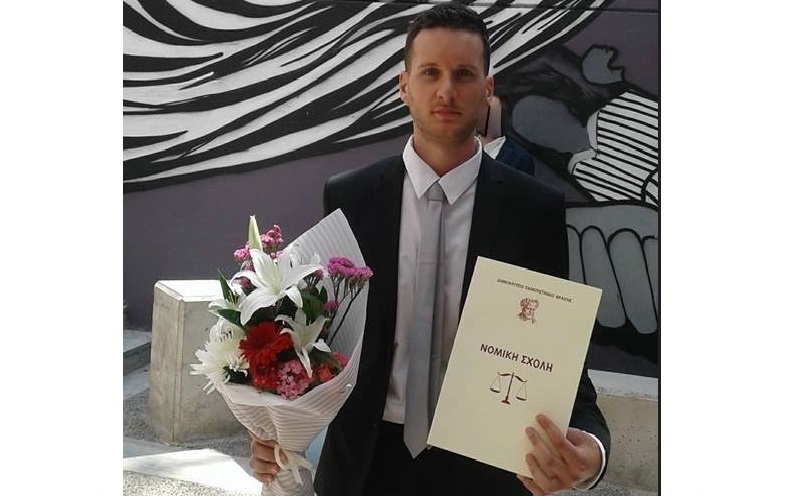With the new Code of Criminal Procedure (Law 4620/2019), criminal conciliation is extended to crimes of corruption of officials, according to Article 13 of the Greek Code of Criminal Procedure, provided that the conditions of Article 160 (11) (c) of Law 4622/2019 are met.
In addition, the inclusion of the felony forms of forgery (Article 216 (3) and (4) of the CCP), false certification {Article 242 (3) and (4)} and Article 22 (6) (b) of Law 1599/1986 in the criminal conciliation procedure is deemed necessary in view of the economic nature of the above offences and the fact that these crimes are “related to fraud and dishonesty”. In fact, the CPC Draft Committee (2019) included in the scope of Article 301 CPC (par.2) offences against the public that were originally excluded.
The addition of a further paragraph 3 to Article 301 CPC, according to which the confession of the accused to his act is a necessary content of the record of the plea bargain, gives the sentence imposed by the court a legal basis.
However, in paragraph 6 of the same article, we note the oxymoron that the perpetrator of a completed crime is only obliged to make restitution or completely satisfy the damage caused, while the perpetrator of an attempt is obliged to pay money to satisfy the moral damage of the victim. The next subparagraph of the above paragraph provides for the possibility of extending the institution of criminal conciliation to co-perpetrators of the above offences.
In paragraph 7 of the above article, due to the simplification of the way of referral, the consent of the President of the Court of Appeal is no longer required for the introduction of the case by direct summons to the Single Judge Court of Appeal.
Further, paragraph 8 of Article 301 (similarly to paragraph 7 of Article 302 CCP) states that: “The court, having assessed the record of the plea bargain and the evidence of the other pleadings, shall declare the accused guilty…”. However, the fact that the nature of the acts remains felony in nature creates problems since the Single Judge Court of Appeal, in accordance with Art. 8 (b) of the CCP is entitled to change the characterization of the act.
Finally, under Article 302 par.1 of the CCP, the possibility of applying the institution of ‘criminal conciliation’ also exists after the formal conclusion of the investigation until the end of the evidentiary procedure (see also paragraphs 3 and 4). Indeed, in par.4 of the above article, it is emphasized that the criminal conciliation procedure is also possible for the misdemeanor forms of the offences mentioned, irrespective of the existence of aggravating circumstances.




